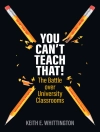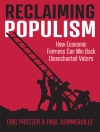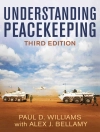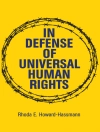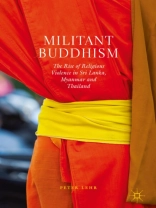
Against the backdrop of the ongoing Rohingya crisis, this book takes a close and detailed look at the rise of militant Buddhism in Sri Lanka, Burma and Thailand, and especially at the issues of ‘why’ and ‘how’ around it. We are well aware of Christian fundamentalism, militant Judaism and Islamist Salafism-Jihadism. Extremist and violent Buddhism however features only rarely in book-length studies on religion and political violence. Somehow, the very idea of Buddhist monks as the archetypical ‘world renouncers’ exhorting frenzied mobs to commit acts of violence against perceived ‘enemies of the religion’ seems to be outright ludicrous. Recent events in Myanmar/Burma, but also in Thailand and Sri Lanka, however indicate that a militant strand of Theravada Buddhism is on the rise. How can this rise be explained, and what role do monks play in that regard? These are the two broad questions that this book explores.
Tabla de materias
1 Introduction: Between Dhamma-Ghosa and Bheri-Ghosa.- 2 The Sound of War Drums: Political Theology and the Return of Religion.- 3 The Age of Suffering: Buddhist Discourses on Non-Violence in Theory and Practice.- 4 Monks in the Age of Suffering: World Renouncers and World Conquerors.- 5 Sri Lanka: “This Is the Island of Us Sinhalese People’.- 6 Burma: “You Cannot Sleep Next to a Mad Dog”.- 7 Thailand: “It Is Time to Arm Thai Buddhists”.- 8 Comparative Analysis: “Buddhism Is Not a Suicidal Utopianism”.- 9 Outlook: How to Deal with War Monks?.
Sobre el autor
Peter Lehr is Lecturer in Terrorism Studies at the Centre for the Study of Terrorism and Political Violence (CSTPV), University of St. Andrews, UK. An area specialist on South and Southeast Asia, Dr Lehr has published on a wide range of topics, including religion and (political) violence.

